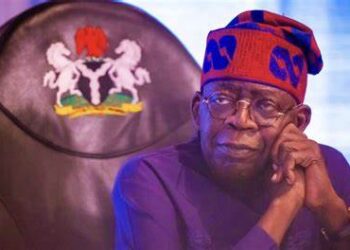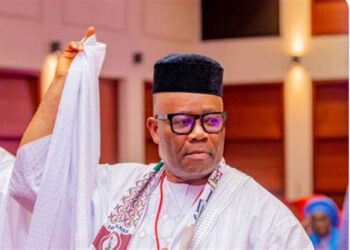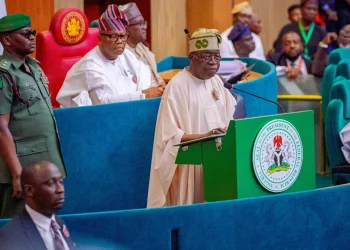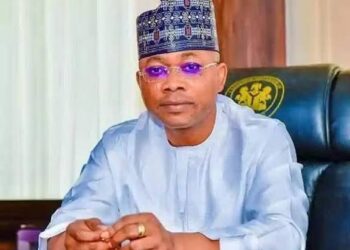The National Association of Nigeria Nurses and Midwives (NANNM) has directly contradicted Health Minister Ali Pate’s Friday announcement that nurses had suspended their ongoing strike, declaring that the industrial action remains fully in effect.
The dispute over the strike’s status emerged hours after Minister Pate told journalists in Abuja that the nurses had ended their warning strike following discussions with government representatives during closed-door negotiations.
However, NANNM leadership has firmly rejected this characterization, stating that no final decision has been reached to terminate the industrial action that began on Wednesday.
The Association’s National Chairman, Morakinyo Rilwan, dismissed the Minister’s authority to declare the strike over, emphasizing that only the union itself can make such determinations through established internal procedures.
“If it was the Minister who organized the strike, then he could call it off. As far as I’m concerned, the strike organized by the association is still ongoing,” Rilwan stated. “The Minister didn’t organize the strike, so he doesn’t have the authority to call it off.”
He stressed that specific protocols must be followed for any strike suspension: “There are procedures to follow, if it is to be called off at all.”
The conflicting statements have created confusion about the actual status of the healthcare industrial action, which was launched as a seven-day warning strike following a 15-day notice to the federal government.
Earlier on Friday, Minister Pate had expressed confidence that negotiations had resolved key issues, claiming that “both parties reached key agreements on aggrieved issues.” However, union officials had notably declined to speak with reporters following those same discussions, raising questions about the completeness of any agreements reached.
The nurses’ demands center on several critical issues including better compensation packages, resolution of chronic staff shortages plaguing healthcare facilities nationwide, payment of outstanding allowances, and improved working conditions across medical institutions.
This contradiction between government and union positions suggests that Friday’s negotiations may not have achieved the comprehensive resolution initially claimed by the Health Ministry.
The ongoing uncertainty leaves healthcare services across Nigeria in potential jeopardy, as patients and medical facilities await clarity on whether nursing staff will continue their industrial action or return to normal duties.
The dispute also highlights broader challenges in labor relations within Nigeria’s healthcare sector, where workers frequently resort to strike action to press for improved conditions and compensation.
With both sides maintaining different positions on the strike’s status, further negotiations appear necessary to achieve a definitive resolution that satisfies union leadership and ensures uninterrupted healthcare delivery nationwide.



















